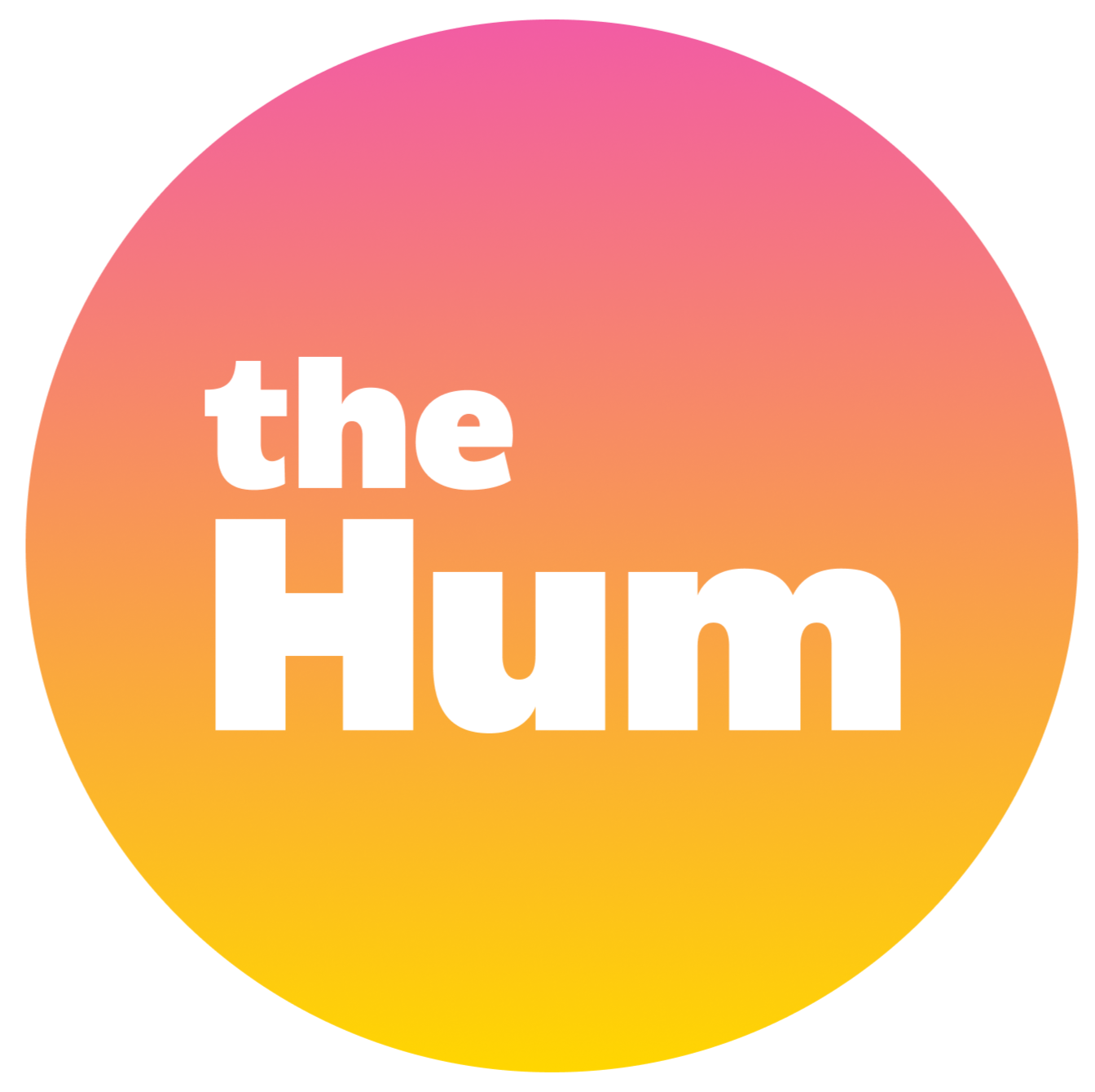top of page
Courses & Events
Let's Talk About Money
Have you ever felt that awkward tension electrifying the room when the ‘money’ topic comes up at work? You're not alone. In fact, that's exactly why we created this course.

Self-Directed
Navigating Group Decisions
If you want to build the capacity for fast & inclusive decisions in your team, then this course is right for you.
_edited.jpg)
Self-Directed
Collaboration Rhythms: 4 Beats for Effective Teamwork
A simple lightweight framework for creating the organisational design that’s right for you.

Self-Directed
Building a Feedback Culture
Develop your feedback skills and learn how to build a healthy communication culture in your team.

Self-Directed
If you are looking to learn as a team, checkout our in-house training options here.
bottom of page













